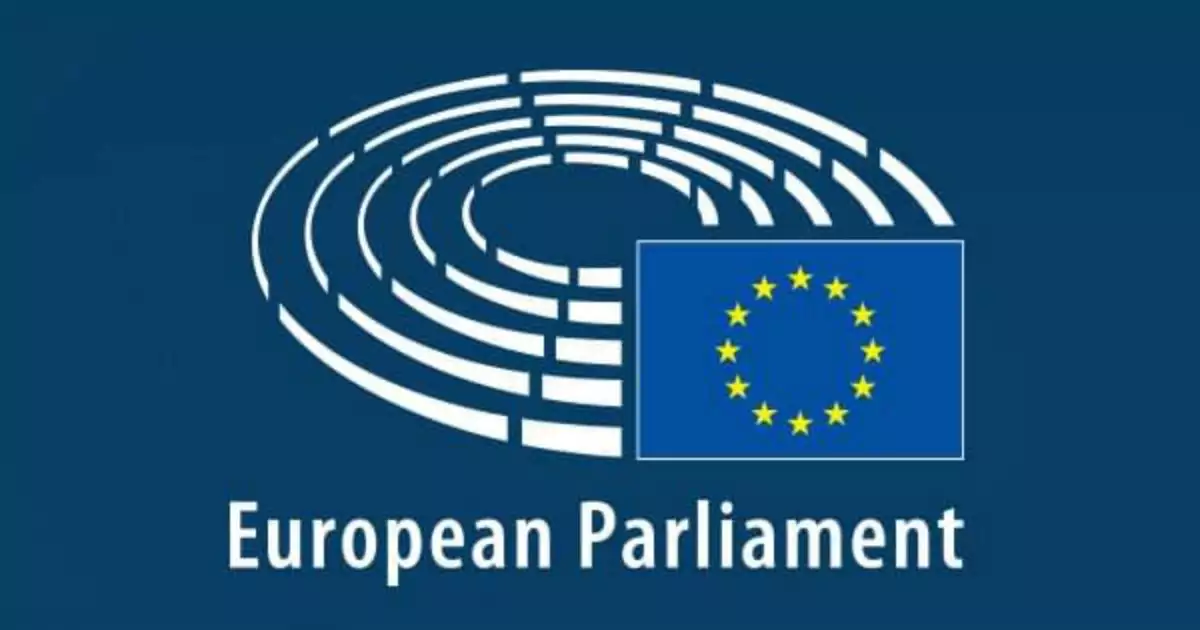The European Parliament has voted in favour of the EU’s first update of copyright rules in nearly two decades, as MEPs in Strasbourg on Tuesday voted by a margin of 348 votes to 274 to back rules that will force internet groups such as YouTube and Google to take out licences to show copyrighted content and make them liable to take down material that breaks intellectual property rules.
The copyright directive has divided EU governments and MEPs. Anti-copyright protests have gripped Germany over the past month, led by internet freedom campaigners who argue it will stop users uploading material on the platform.
Tuesday’s vote means the directive will officially come into force from 2021. The final text included a controversial “Article 13” that has sparked protests from young people across Germany in the past month and led to Wikipedia blacking out some of its EU websites in protest.
Article 13 will make sites such as YouTube legally responsible for user-generated material they host in the EU and require all platforms to take out licences with rights-holders to show their material.
Opponents argue that this will lead to platforms filtering content to avoid falling foul of the rules. A group of MEPs, led by the Greens and Pirates, has pushed for the article to be deleted from the final text but failed to gather enough support.
Under another, Article 11, services such as Google News will need to take out licences with publishers and newspapers to show short “snippets” of text.
A spokesman for Google said the directive would lead to “legal uncertainty and will hurt Europe’s creative and digital economies”.
“The details matter, and we look forward to working with policymakers, publishers, creators and rights holders as EU member states move to implement these new rules.”



